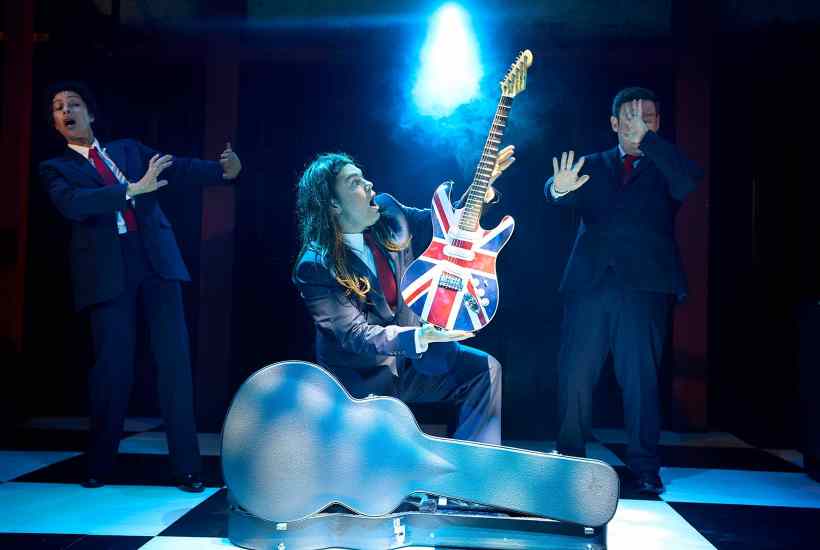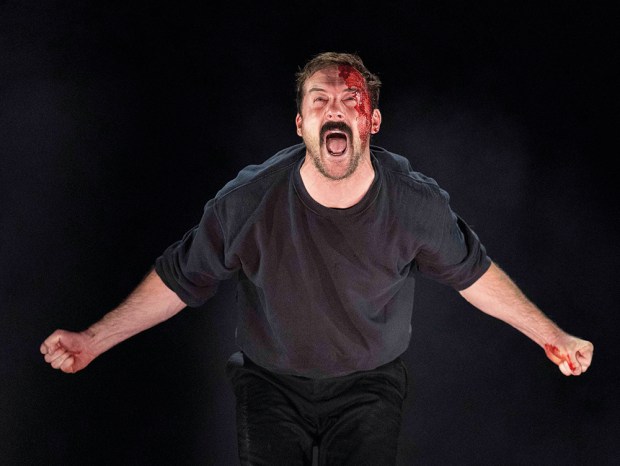Harry Hill’s latest musical traces Tony Blair’s bizarre career from student pacifist to war-mongering plaything of the United States. With co-writer Steve Brown, Hill has created a ramshackle, hasty-looking production that deliberately conceals the slickness and concentrated energy of its witty lyrics, superb visuals and terrific music.
The last thing it wants to seem is sophisticated and it starts off with a parade of New Labour grandees, all grotesquely overblown.
Already a subscriber? Log in
Subscribe for just $2 a week
Try a month of The Spectator Australia absolutely free and without commitment. Not only that but – if you choose to continue – you’ll pay just $2 a week for your first year.
- Unlimited access to spectator.com.au and app
- The weekly edition on the Spectator Australia app
- Spectator podcasts and newsletters
- Full access to spectator.co.uk
Or
Unlock this article
You might disagree with half of it, but you’ll enjoy reading all of it. Try your first month for free, then just $2 a week for the remainder of your first year.














Comments
Don't miss out
Join the conversation with other Spectator Australia readers. Subscribe to leave a comment.
SUBSCRIBEAlready a subscriber? Log in